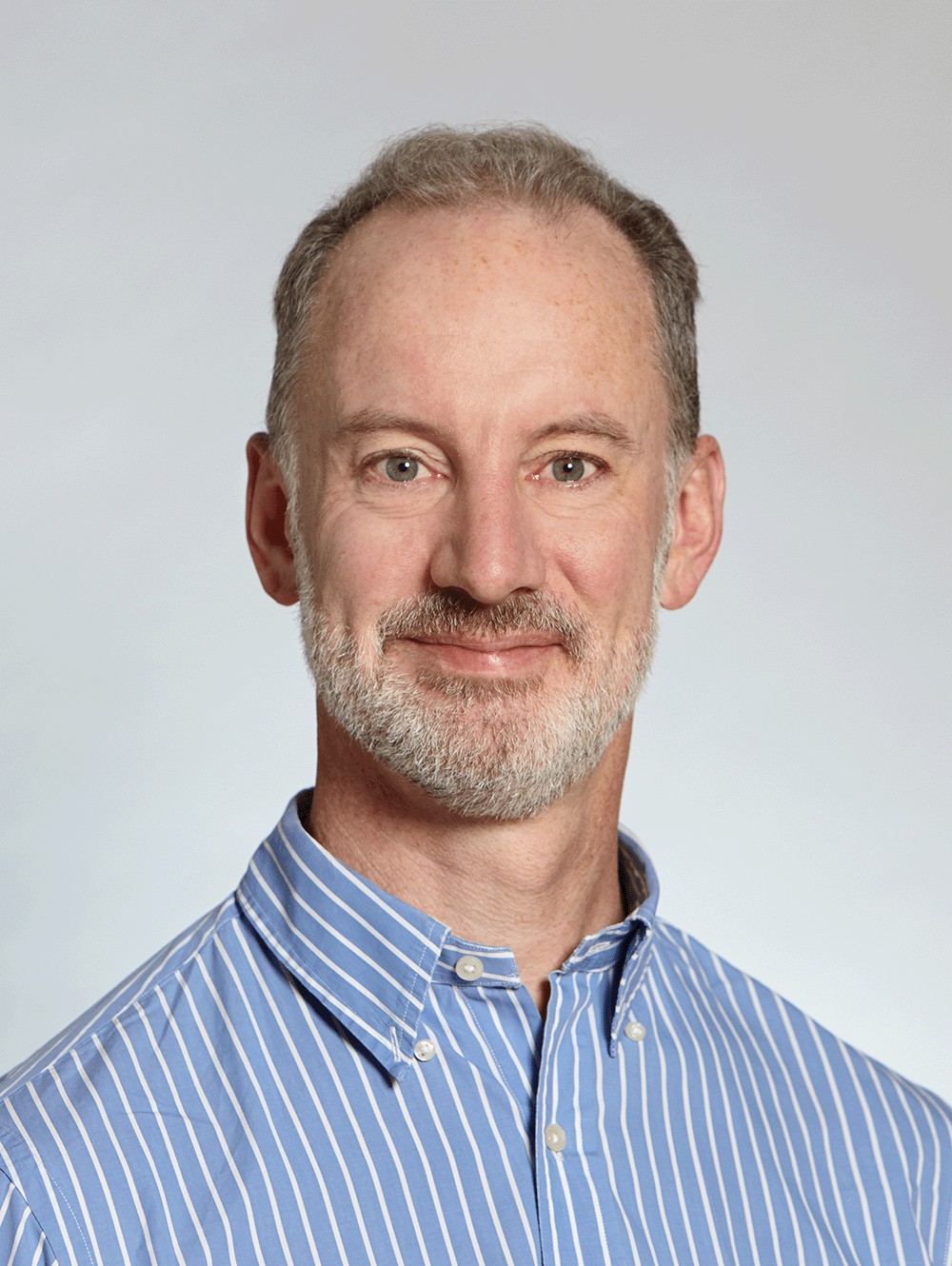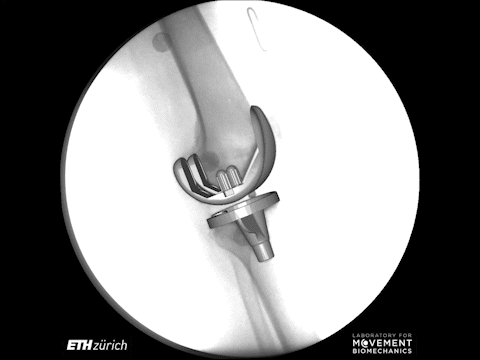Functional Outcome of Total Knee Arthroplasties Based on Videofluoroscopy
Description
Total knee replacement has become a standard surgical procedure to relieve pain and restore function in patients with osteoarthritis, replacing the articulating surfaces with artificial components. To maintain sufficient range of motion, but also not overload the surrounding soft tissue structures, reproduction of tibio-femoral kinematics of the healthy knee is thought to be beneficial. To fully understand the mechanism leading to unsatisfactory outcome, kinematic and kinetic information of the knee arthroplasty during daily activities is gathered and used to constantly improve the longevity and functionality of knee arthroplasties.
To assess the functionality of the total knee arthroplasty, it is crucial to analyse the motion of the total knee arthroplasty in vivo during dynamic activities, such as sitting and rising from a chair, during walking on level ground and stairs or during a deep knee bend. Concerning the study of three-dimensional motion of total knee arthroplasties it has been shown that single plane videofluoroscopic analysis provides valuable information. However, a remarkable drawback of this methodology is the limited field of view of the image intensifier. To allow tracking of the knee during stance as well as swing phase of level walking and stair descent, an automated moving fluoroscope has been developed at the ETH Zurich. The 3D reconstruction of the 2D images is done using the CAD models of the implant components and a 2D/3D registration algorithm.
Goal
Current total knee arthroplasty designs are evaluated and compared to each other by assessing their functional outcome during daily activities by means of videofluoroscopy, simultaneous skin marker analysis, ground reaction force and muscle activity measurements as well as standard clinically assessed parameters.
Contact
Head of Dep. of Health Sciences and Technology / Deputy head of Institute for Biomechanics
Institut für Biomechanik
Gloriastrasse 37/ 39
8092
Zürich
Switzerland


